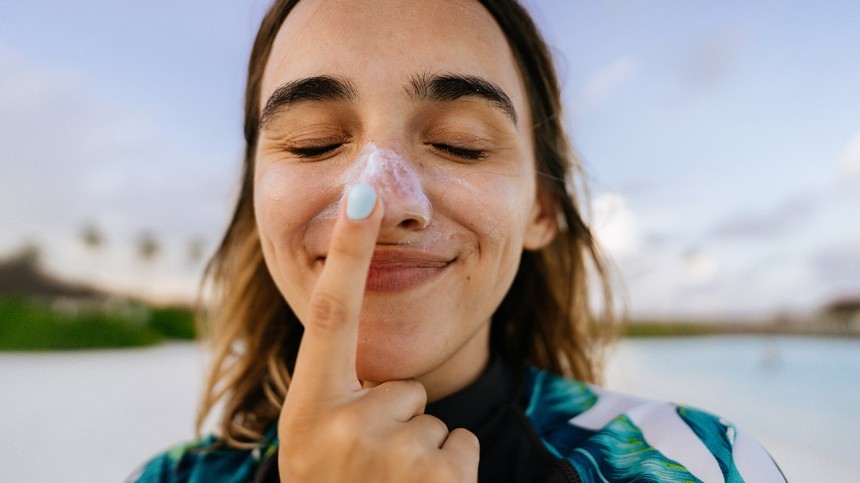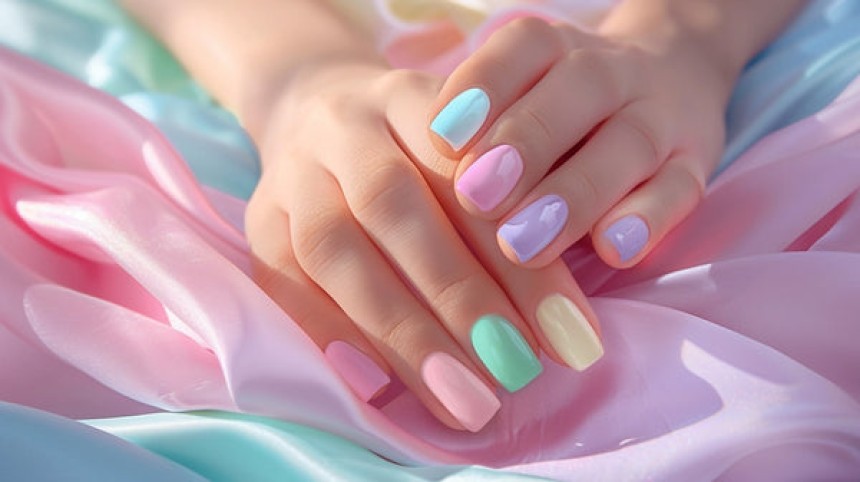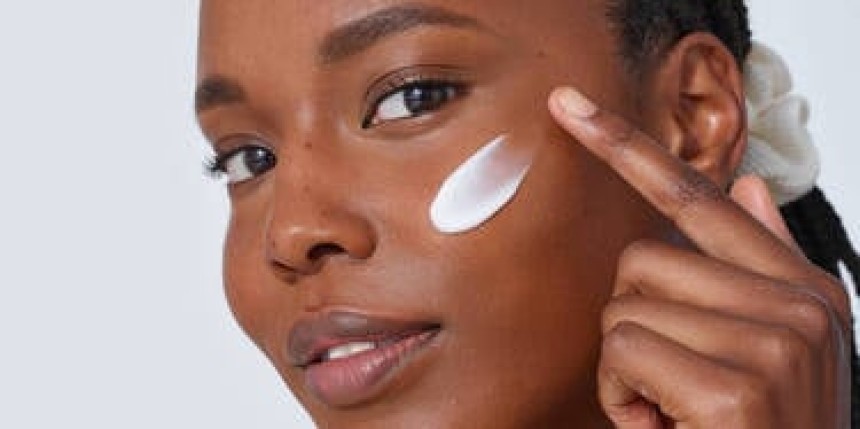
Is Sunscreen a Real Thing? Experts Want You to Know These Things Before You Slather
The sunscreen commandments are well-known to all of us: Wearing SPF 30 or above is required. Reapplying should be done every two hours. You must not depend on a cloudy sky to keep you safe.
However, one important point that is frequently overlooked is that your sunscreen has an expiration date, and yes, it is more important than you may believe.
It is tempting to save that partially used sunscreen bottle from the beach outing last summer. After all, you do not want to throw away an expensive product, and it still looks and smells wonderful. However, experts concur that applying sunscreen that has expired is akin to bringing a pool noodle to a sword fight. Although it can seem protective, it is not going to last.
Let us examine the science, shelf life, and methods for determining whether your sunscreen is no longer effective.
What about sunscreen? Does it expire?
In a nutshell: Definitely, yes.
Sunscreen has its limitations. Sunscreens are subject to stringent testing requirements since they are regulated as over-the-counter (OTC) medications, according to cosmetic chemist Krupa Koestline, founder of KKT Labs. They must have an expiration date stamped on them and be in effect until that date in order to be sold lawfully.
Then? No assurances. The recipe may still work flawlessly, but its ability to block UV rays may have subtly diminished.
Which Is Longer, Mineral or Chemical Sunscreen?
In terms of durability, not all sunscreens are made equal.
Mineral sunscreens, also known as physical sunscreens, work by reflecting the sun's rays like small mirrors on your skin using zinc oxide or titanium dioxide. These compounds are molecularly stable, which means that heat and light do not readily break them down, according to board-certified dermatologist Dr. Hadley King of New York City. Translation? Their shelf life is often longer.
Conversely, chemical sunscreens are more brittle. Over time, its active ingredients—such as oxybenzone, octinoxate, and avobenzone—may deteriorate, particularly when exposed to light, heat, or air. The outcome? However, according to cosmetic scientist and BeautyStat inventor Ron Robinson, both varieties are made to last roughly three years when left unopened. However, if your bottle has been sweating it out in your beach bag or lounging in your glove box, do not consider it as a hard rule.
What About Powders, Sprays, and Lotions?
Although you might believe that packaging might have an impact, Robinson claims that, when properly stored, there is not a significant difference in the shelf life of lotion and spray-on sunscreens.
However, Dr. King points out that powdered sunscreens may last longer than their liquid relatives because they contain less moisture and use stable minerals. After opening, microbial growth or component breakdown is more likely to occur in water-based or emulsion compositions.
Generally speaking, if you store your sunscreen in a cool, dry location, it should last two to three years.
First of all, why does sunscreen expire?
Sunscreen is composed of active chemicals that degrade over time, much like any other skincare or cosmetic product. This is a significant issue of efficacy and safety, not just a small annoyance.
These substances may lose their capacity to absorb or reflect dangerous UV radiation as they deteriorate. When you apply certain formulas unevenly, it might leave your skin vulnerable. Some formulas may even separate, curdle, or change texture.
It is also important to remember that mold and bacteria are not welcome guests. A product's shelf life may be shortened once it is opened since it is exposed to air, fingers, and the odd grain of sand.
When you open sunscreen, how long does it last?
Examine your sunscreen container carefully. Most likely, you will see either:
An expiration date that has been stamped, such as "EXP 06/2026,"
Or a small symbol of a jar with a number inside, such as "12M" or "24M." This indicates that after opening, the product is valid for 12 or 24 months.
If you are not sure how long it has been there and you can not recall when you opened it for the first time? Take a sniff. Examine the texture. Trust your gut and throw it away if it feels strange, looks disjointed, or has a weird scent.
Safer than getting tanned.
How to Keep Sunscreen Fresher for Longer
Do you want to get as much SPF as possible out of your sunscreen? Observe these guidelines:
Keep it cool: Keep sunscreen in a place that is dry and shaded. Extended exposure to heat can break down active components, particularly in chemical sunscreen.
Tightly seal it: To reduce air exposure, always keep the lid closed.
Steer clear of direct sunlight—ironically, sunscreen dislikes it. Until you are ready to apply, keep it hidden in your beach bag.
The Verdict: Believe the Label
Yes, sunscreen has an expiration date, and after that, it is no longer the best protection for your skin. Do not risk your health for a few more SPF squeezes, even if it looks the same and smells good.
Verify the expiration date.
Additionally, when in doubt, discard it. Your future self will appreciate it if you do not get sunburned.





